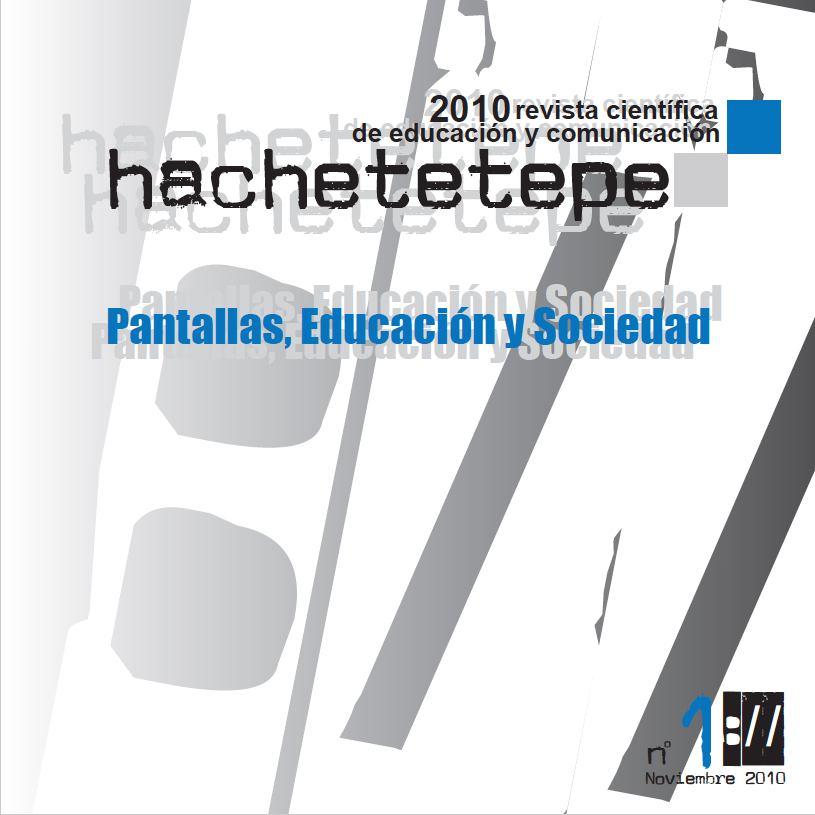Sociedad del riesgo, medios de comunicación y bandas latinas. Pero bueno! ¿Usted no lee los periódicos?

Informação
Resumo
El problema de las bandas latinas es de suficiente relevancia como para dedicarle un espacio por diversos motivos: por la delincuencia y la violencia que generan; por su relación con el colectivo de inmigrantes más numeroso en España, los sudamericanos; por las características sociodemográficas de sus protagonistas; por las conductas racistas y xenófobas que puedan provocar en la población autóctona y por las sinergias originadas entre las particularidades del fenómeno y las dinámicas sociales presentes en el contexto de la modernidad tardía. El presente trabajo tratará de analizar un aspecto concreto del fenómeno, el papel de los medios de comunicación (prensa escrita) en la construcción social de las representaciones, imágenes y las percepciones creadas sobre los inmigrantes y las bandas latinas juveniles. Se tratarán de establecer las relaciones que existen entre la construcción del hecho en los medios de comunicación y las características sociales que han surgido a partir de la crisis de la modernidad tardía en torno, sobre todo, al concepto de la sociedad del riesgo y al miedo colectivo a las bandas latinas, como parte de una problemática más amplia del fenómeno de la inmigración.
Palavras-chave
Downloads
Como Citar
Licença

Este trabalho está licenciado sob uma licença Creative Commons Attribution-NonCommercial-NoDerivatives 4.0 International License.
Os autores que publicaram com esta revista, aceitam os seguintes termos:
1. Manterão seus direitos autorais e garantirão à revista o direito à primeira publicação de seu trabalho, que estará simultaneamente sujeita à Licença de Atribuição Creative Commons. Podem ser copiados, utilizados, divulgados, transmitidos e exibidos publicamente, desde que a autoria, url e revista sejam citados, e não sejam utilizados para fins comerciais. Nenhuma obra derivada é permitida.
2. Podem adotar outros contratos de licença não exclusiva para a distribuição da versão publicada da obra (por exemplo, depositá-la em arquivo telemático institucional ou publicá-la em volume monográfico), desde que seja indicada a publicação inicial nesta revista.
3. Divulgue seu trabalho pela Internet (por exemplo, em arquivos telemáticos institucionais ou em seu site) uma vez que o manuscrito seja aceito, o que pode levar a trocas interessantes e ao aumento das citações do trabalho publicado. (Veja O efeito do acesso aberto).
Hachetetepé. A revista científica de educação e comunicação não cobra taxa pela submissão de manuscritos ou pela publicação de seus artigos.
Referências
Bauman, Z. (2006). Confianza y temor en la ciudad. Vivir con extranjeros. Barcelona: Arcadia.
Bauman, Z. (2007). Modernidad líquida. Buenos Aires: FCE. (1ª ed. 2003).
Beck, U. (2006). La sociedad del riesgo. Hacia una nueva modernidad. Barcelona: Paidós.
Beck, U.; Giddens, A. y Luhman, N. (2008). Modernización reflexiva. Política, tradición y estética
en el orden social moderno. Madrid: Alianza.(1ª ed. 1997).
Beriain, J. (comp.) (2007). Las consecuencias perversas de la modernidad. Modernidad, contingencia y riesgo. Barcelona: Anthropos. (1ª ed. 1996).
Castells, M. (1998). La era de la información. Economía, sociedad y cultura. Vol. 2. El poder de la
identidad. Barcelona: Alianza.
Feixa, C. (2006a). De jóvenes, bandas y tribus. Barcelona: Ariel. (1ª ed. 1998)
Feixa, C. (Dir.) (2006b). Jóvenes “latinos” en Barcelona. Espacio público y cultura urbana. Barcelona: Anthropos.
Feixa, C. y Muñoz, G. (2004). ¿Reyes Latinos?. Pistas para superar los estereotipos. El País, 12-12-
( http://www.revistatabularasa.org/documents/ReyesLatinos.pdf) (25-11-09).
Funes, Mª. J. y Monferrer, J. (2003). Perspectivas teóricas y aproximaciones metodológicas al estudio de la participación. En Funes, Mª Jesús y Adell, R.: Movimientos Sociales: cambio social y participación. Madrid: UNED.
Gallego Martinez, P. (2008). La Mara al Desnudo. Málaga: Sepha.
Gennep, A. v. (2008). Los ritos de paso. Madrid: Alianza. (1ª ed. 1969).
Giddens, A. (2008). Consecuencias de la modernidad. Madrid: Alianza. (1ª ed. 1993).
Lévi-Strauss, C. (1976). Tristes Trópicos. Buenos Aires: Eudeba.
Loytard, J. F. (1984). La condición postmoderna. Madrid: Cátedra.
Maffessoli, M. (2004). El tiempo de las tribus. Siglo XXI. (1ª ed. 1990).
Merton, R. K. (2004). Teoría y estructura sociales. Mexico: FCE. (1ª ed. 1949).
Morales, J. F. y Huici, C. (coord.) (1999). Psicología social. Madrid: McGraw-Hill.
Pérez Yruela, M. y Desrues, T. (2007). Opinión de los españoles en materia de racismo y xenofobia. Ministerio de Trabajo y Asuntos Sociales. Secretaría de Estado de Inmigración y Emigración. Observatorio Español del Racismo y la Xenofobia.
Putman, R. (2002). Solo en la bolera. Colapso y resurgimiento de la comunidad norteamericana. Barcelona: Círculo de Lectores.
Solé, C. y Cachón, L. (2006). Globalización e inmigración: los debates actuales. Revista Española de Investigaciones Sociológicas, 116; 13-52.
Solé, C.; Perella, S.; Alarcón, A.; Bergalli, V. y Gibert F. (2000). El impacto de la inmigración en la
sociedad receptora. Revista Española de Investigaciones Sociológicas, 90; 131-157.
SOS Racismo (1996). El racismo en el Estado español. Informe 1995. Donostia: Tercera Prensa-Hirugarren Prentsa.

